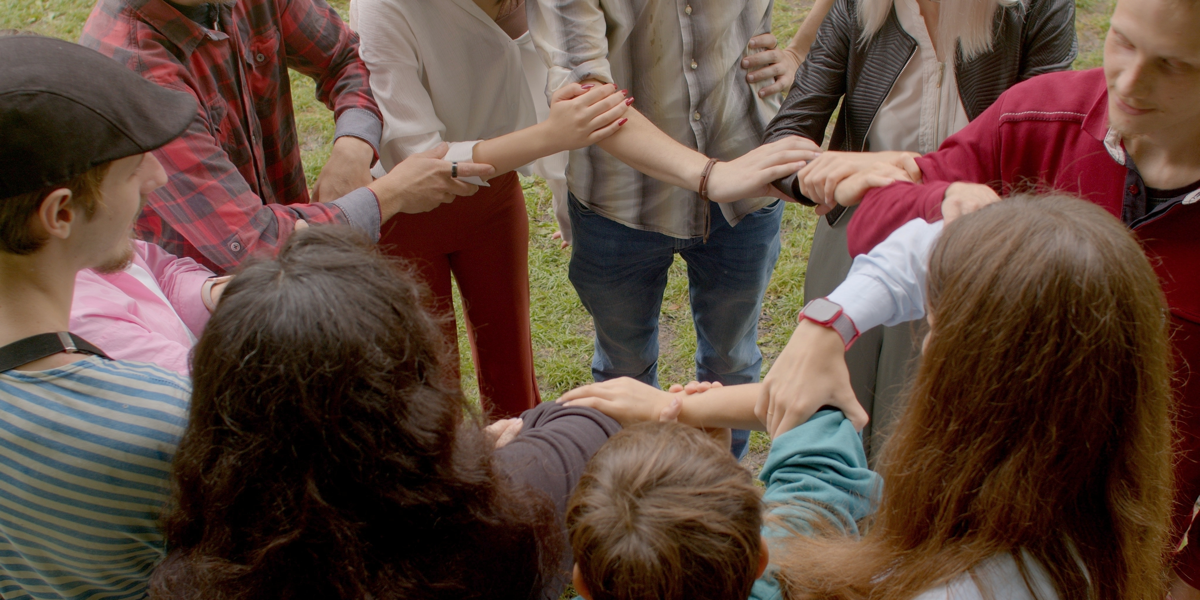A question I sometimes ask of a group in the context of an interactive get-to-know-you exercise is “What is your number one pet peeve?”
You know, those small things that often irritate you beyond distraction.
I may choose to frame the question to narrow the focus of the sharing, such as what we see on our roads in terms of driver behaviours. Typically, I invite people to share their answers with a partner or small group.
My pet peeve, in terms of road behaviours? It’s when people choose to turn without using their indicator. Grrrr…
Why does this bother me? Because my expectation is that everyone should use their indicator as a courtesy (not to mention, the law) to other drivers on the road.
And herein lies the issue – the words expectation and should.
Group Expectations
As a teacher, trainer or group facilitator, how often have you had to field questions or comments from a group in response to a complaint that the task is too hard, unfair or quite simply, they are not willing to take responsibility?
I see it all the time. Indeed, I managed this situation just a few days ago with a group that was content to direct their frustrations (at not solving a particular problem) at me, rather than assume responsibility for things not going the way they expected.
For example, it was easier for the group to blame me – the timekeeper – for not improving their performance (suggesting I was not quick enough with the stopwatch) than assume responsibility for not solving the problem more efficiently.
They also expected that it was okay to bend the rules to control the way in which the resources were distributed at the start – effectively removing the prescribed random element of the activity – to help them beat their nominal world record.
Ummm, no!
As comfort-seeking machines, it seems that it’s a lot easier for people to blame someone else than take control or responsibility for our actions.
The Upside of Living without Expectations
Last year, Ash Barty became the first Aussie to win the Australian Open women’s singles tennis title in 44 years. It’s hard to imagine how anyone could perform at their best while carrying the weight of a nation’s expectations on their shoulders.
However, listening to a recent interview with her mindset coach, I learned that Barty maintains her focus and sanity by ignoring those expectations. Her coach explained that there are two kinds of expectations:
- Expectations over outcomes we can’t control; and
- Expectations of others, which we also can’t control.
He argued that these expectations kill more than how we perform and that focusing on things we can’t control is the cause of a lot of anxiety and stress. Indeed, I have learned through my own personal experience that expectations are the root cause of many a conflict.
In short, the answer is to accept what we can’t control so that we can focus our attention on the only thing we can control – our thoughts, words and actions.
As Reinhold Niebuhr says, “Lord, grant me the strength to accept the things I cannot change, the courage to change the things I can, and the wisdom to know the difference.”
Critically, this is a role we can assist our groups in grasping.
Helping our Groups Manage Expectations
Letting go of expectations does not mean that our groups cannot have dreams and goals. It simply leaves our groups free to pursue them with more focus and joy.
To this end, help your groups to understand what they can and cannot control.
For example, the random distribution of resources at the beginning of an activity is a reality a group must accept and manage. There is no benefit in thinking the group should be able to change this because they cannot. In the same way, Ash Barty cannot control the expectations of others and – even if she could – it would splinter her singular focus of winning every point she plays on the court.
One way I achieve this objective is to acknowledge the current frustration my group may be experiencing, and ask “Tell me everything about this activity you can and cannot control right now?” If necessary, I’ll ask for exmaples.
Not only will this intervention usher in some much-needed clarity (about parameters, goals, etc) but it will help direct the energies of my group to what matters most, ie those things they can control.
Energy and focus are precious – it’s best that we direct them in the most powerful way to help our groups manage and meet their expectations.
Original post April 2023, last updated April 2023.
Comments (3)

No Props No Problem
Best-selling book featuring 150+ fun group games & activities. Scan QR codes to access digital content including videos.

NEW – EMOJI Cards
Brand new deck of cards featuring emoji images to help you inspire conversations about emotions, feelings & experiences.
Top Ten Icebreakers & Group Games
Download our free 28-page ebook jam-packed with outrageously fun activity ideas.
Just one more question:
I am interested in…
How to Manage Your Group’s Expectations
Share this with friends and colleagues.
Choose a plan that’s right for you
We offer a range of membership plans with no surprises.
Click an option below & discover our simple pricing.

Individual
Click here if you’re a:
- Teacher
- Corporate trainer
- Outdoor educator
- Camp leader
- Youth leader
- Conference organiser
- Therapist/counsellor
Membership Plans

Enterprise
Click here if you represent a:
- School
- Corporation
- Community-based Organisation
Explore plans for
10, 50, 200 or more
potential users
Membership Plans









Mark,
I really enjoyed this. Not wasting energy on things I can’t control is one of my daily goals.
Thanks for posting.
Thanks Mike, I agree with you. Wisdom flows from knowing what you can and cannot control.
Yes, the serenity prayer, and “Resentments are expectations waiting to happen.”
Both are powerful lessons that have helped me through the years. Just wish I had learned it earlier in life.
Love posing the question, “Tell me everything about this activity you can and cannot control right now?”